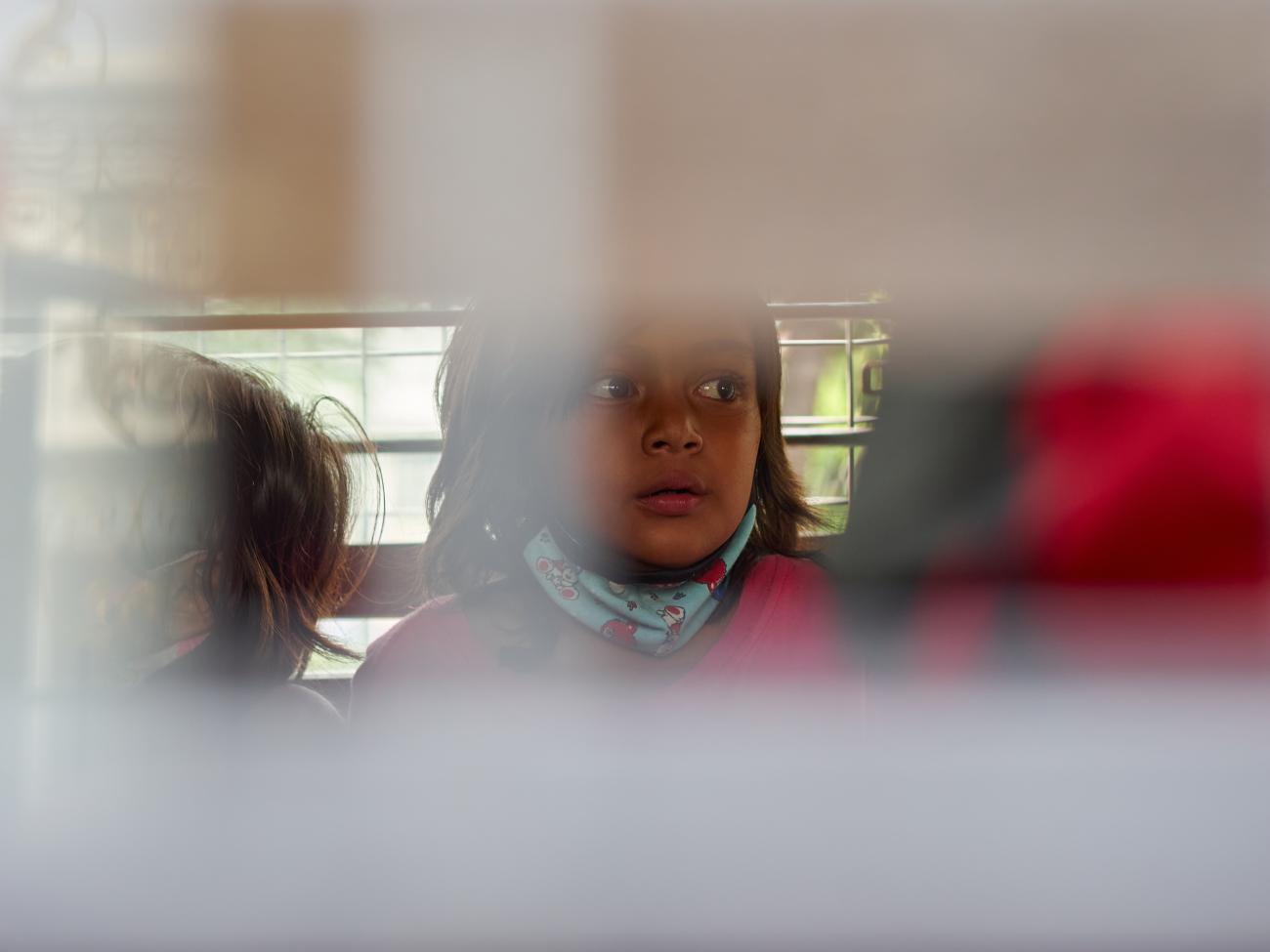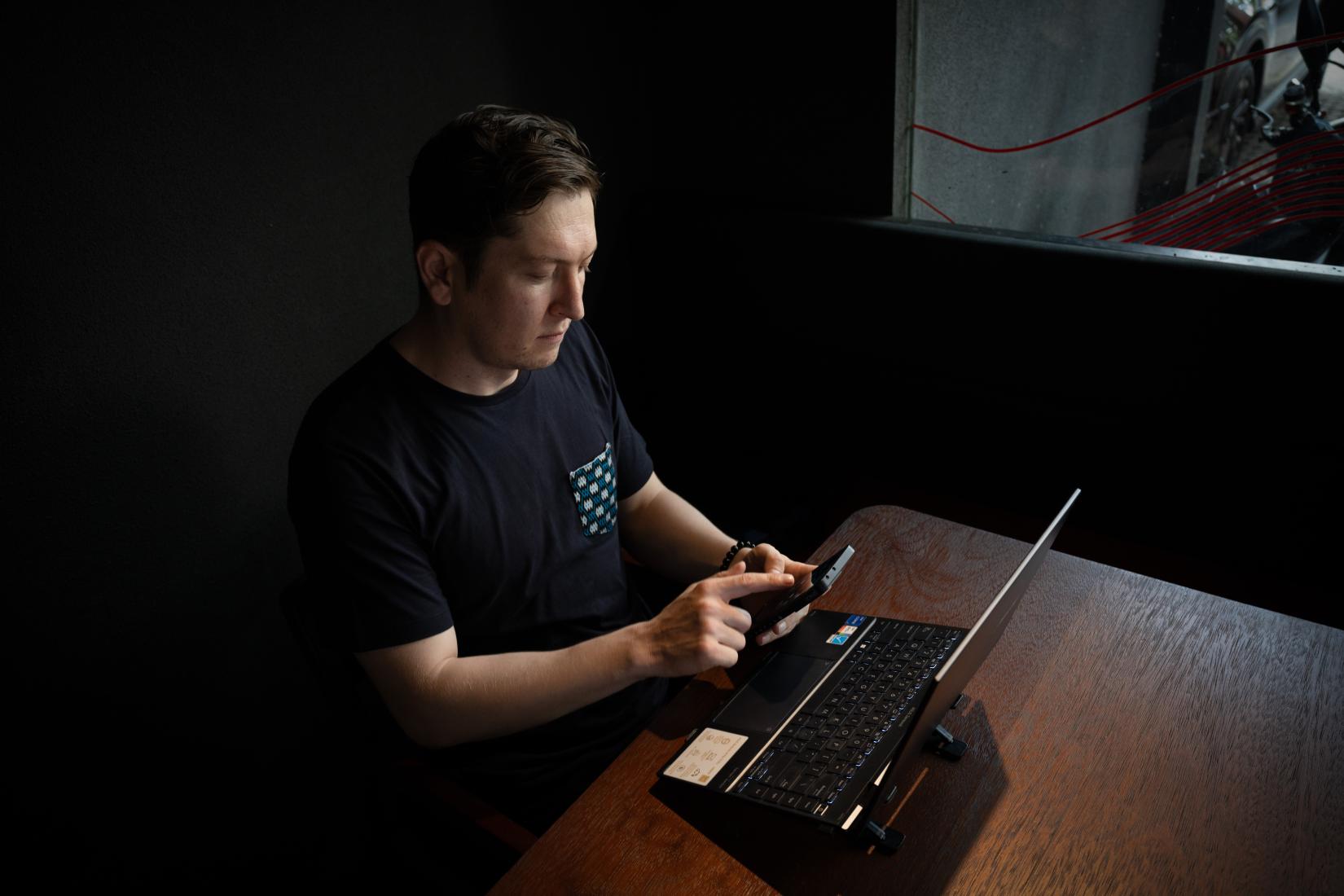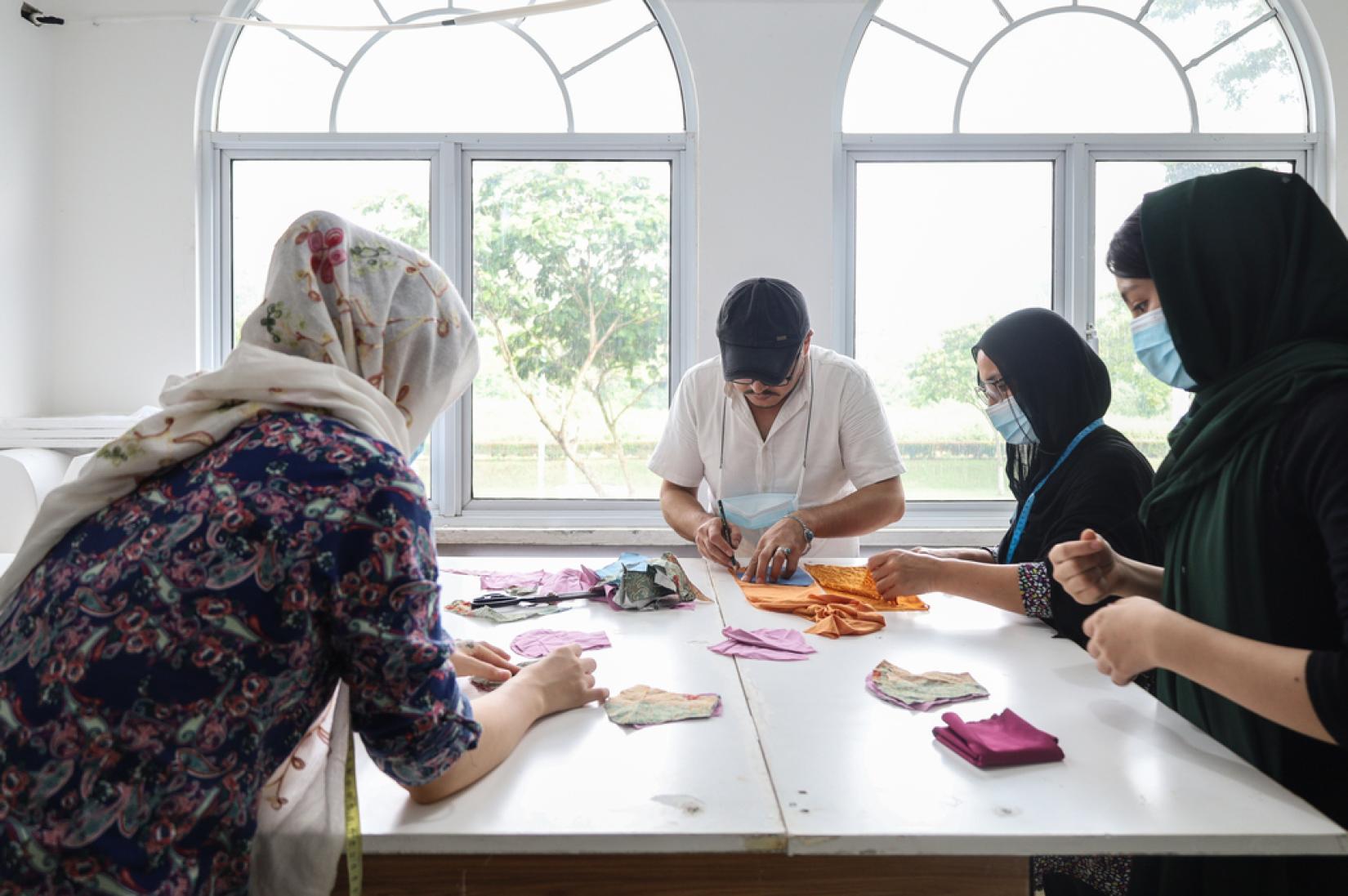For Refugees in Jakarta and Medan, Uplifting Others Provides a Sense of Purpose

-----
When Afghan refugee Hakmat and his friends set out to start an organization to help their fellow refugees in Indonesia, they had few resources, and only a vague sense of what type of support they could offer. What they had in abundance, Hakmat says, was time – as refugees in Indonesia are not allowed to work or attend university.
“If we don't do anything good with our time, we’re just wasting it. And time is precious, it will not come back,” says the 29-year-old founder of Skilled Migrant and Refugee Technicians, or SMART, which provides specialist training for refugees aimed at improving their livelihood opportunities.

Refugees are acutely aware of the passage of time. In Indonesia, which is not a party to the 1951 UN Refugee Convention and sees itself as a transit country, many have lived in limbo for years, waiting for a third country to accept them for resettlement—a lack of safety means a return home is not feasible, and Indonesia does not provide a path to local integration. So, the seven years since Hakmat first sought asylum here had been full of memories: the smell of fresh baked bread and his mother’s cooking before Taliban persecution of the Hazara ethnic minority forced his family to flee for Quetta, Pakistan; the feel of the Quran he would touch to pray for a safe return whenever he left their house after extremists began targeting Hazara people in Quetta, too; the acrid taste of smoke after a bomb hidden in a water tower killed dozens at a nearby open market, destroying his home 200-meters away and leaving debris and body parts strewn outside. Between painful memories and an uncertain future, the present offered little solace.
“Those were the days when I was lost. I’d cry about my youth passing uselessly without being able to pursue education,” says Hakmat, who asked to be identified by only one name.
Enabling refugees to spend time usefully was the impetus behind SMART, a refugee-led learning organization oriented towards building transferable skills while refugees hope the waiting time will soon be over and a resettlement country will accept them as residents. But in early 2020, as Hakmat and his friends canvassed NGOs for funds, purchased a web domain, and consolidated talents like graphic design and coding, their plan of action was overtaken by the COVID-19 pandemic. As online disinformation spread in parallel with the virus, SMART’s first order of business was to create multi-lingual messaging campaigns to ensure Indonesia's refugee community—which then numbered more than 14,000 people—knew how to stay safe in often cramped and crowded accommodations.
“Refugees were particularly vulnerable during the pandemic,” says UNHCR’s Indonesia Representative Ann Maymann. “Although we ramped up health, psychosocial, and protection services amid COVID-19, the contribution of refugee-led organizations like SMART was critical to ensuring accurate information reached communities outside government safety nets.”
In 2022, the UNHCR office in Indonesia selected SMART to serve as facilitator in the office’s training project on digital literacy and safety, funded by UNHCR’s Digital Innovation Service in Geneva. The project provided training to about 60 refugees using a “training of trainers” approach, which helped disseminate accurate information through the broader community. In parallel, SMART’s flagship programme got up and running: an online course that in its first year selected 30 refugees—about half of them women—to participate in six-week-long web design and graphic design courses. SMART plans to double the programme’s intake in 2023.
Among the 2022 cohort was Nasim, who ran a bookshop in Kabul before he was forced to flee Afghanistan with his family. Nasim’s application to SMART, one of more than 100 the organization received, had detailed certificates obtained through online learning platforms such as Coursera, the acquisition of new language skills in Farsi and Indonesian, and his drafting of around 30 colouring books for children he hoped to publish one day. While these endeavours had occupied much ofhis time since he arrived in Indonesia in 2016, many others in his Medan community struggled to find productive ways to fill their time, he says. Nasim twice translated for a hospitalised friend dealing with mental health challenges, who he says had lost hope and spent day after day glued to games on his mobile phone.

There are 35 million refugees in the world. Many of them need to be resettled with only few places available. Indonesia’s laws often restrict refugees’ social and economic rights, however, recent years have seen a gradual loosening of restrictions. In 2019, following IOM and UNHCR meeting with the Ministry of Education and Indonesian Commission on Child Protection, the Ministry of Education issued a circular note designed to ensure refugee children can benefit from the national education system—with some 795 refugee children and adolescents attending school by the end of May 2023 and further 385 enrolled in early childhood education. Another circular note, issued in May 2022, makes it easier for refugees to obtain a letter of school completion that helps them continue to further education.
After Nasim completed the graphic design course offered through SMART last year, Hakmat assisted him in securing an internship with Indonesian creative design agency Pamoe. For four months, Nasim worked with a team on various graphic design assignments.
Although he had previously taken many online courses, Nasim said SMART’s training followed by the internship with Pamoe offered something unique, “I had the chance to practice teamwork and collaborate with colleagues,” he said. It had offered a glimpse of what he calls his greatest ambition, “to have a normal life. To become a small part of society.”
Becoming part of society, having the same rights as others, and safely reuniting with his family somewhere he can call home is an ambition Hakmat shares. But his mission to expand SMART also provides sense of purpose in the present. “I feel a kind of satisfaction,” he says, “Despite having limitations, we are doing something good for others, something good for the community.”



